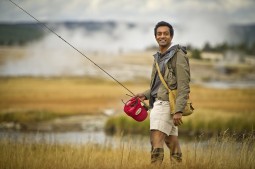
Photo credit Ami Vitale
The Meaning of Wilderness (starts 4:30): Fifty years ago last week, President Lyndon Johnson signed into law the Wilderness Act. It was then, and remains today, one of the most significant pieces of environmental legislation. It has protected millions of acres of land. And it established a legal definition of wilderness: “an area where the earth and its community of life are untrammeled by man, where man himself is a visitor who does not remain.” Today, many are questioning what conversation should look like hardly a square inch of land around the world is truly “untrammeled.” Co-host Susan Moran discusses wilderness then and now with Dr. M. Sanjayan, a senior scientist at Conservation International. He was a correspondent on the Showtime series on climate change, called Years of Living Dangerously. His next TV series, which will air next February, is called Earth — A New Wild. Dr. Sanjayan will speak this Friday at 4 pm MT at Americas Latino Eco Festival. (www.americaslatinoecofestival.org)
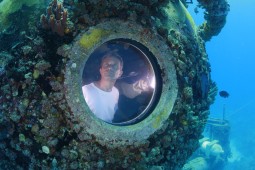
Photo courtesy Kip Evans.
Living Underwater (starts 13:50): This segment continues our series, “The Ocean is Us,” exploring how we all, even in land-locked Colorado, are connected to the ocean, and what’s at stake. Co-host Susan Moran interviews Fabien Cousteau, grandson of Jacques-Yves Cousteau, the late oceanographic explorer who opened a window into the ocean for millions of people worldwide in the 1960s through his revolutionary scuba diving and underwater-living adventures. Fabien, an aquanaut, oceanographic explorer, and documentary filmmaker, discusses Mission 31, his recent 31-day underwater-living experiment (one day longer than Jacques-Yves’ expedition a half century ago).
All features in the “The Ocean Is Us” series can be found here. Also, check out KGNU’s year-long series on Colorado water issues. It’s called Connecting the Drops. It’s at kgnu.org and yourwatercolorado.org. To learn more or become active in preserving our watershed and the oceans, go to Colorado Ocean Coalition.
Executive Producer: Joel Parker
Producer: Ted Burnham
Co-hosts: Susan Moran, Ted Burnham
Engineer: Ted Burnham
Additional Contributions: Jane Palmer, Beth Bennett
Listen to the show:
Podcast: Play in new window | Download (Duration: 24:01 — 33.0MB)
Subscribe: RSS

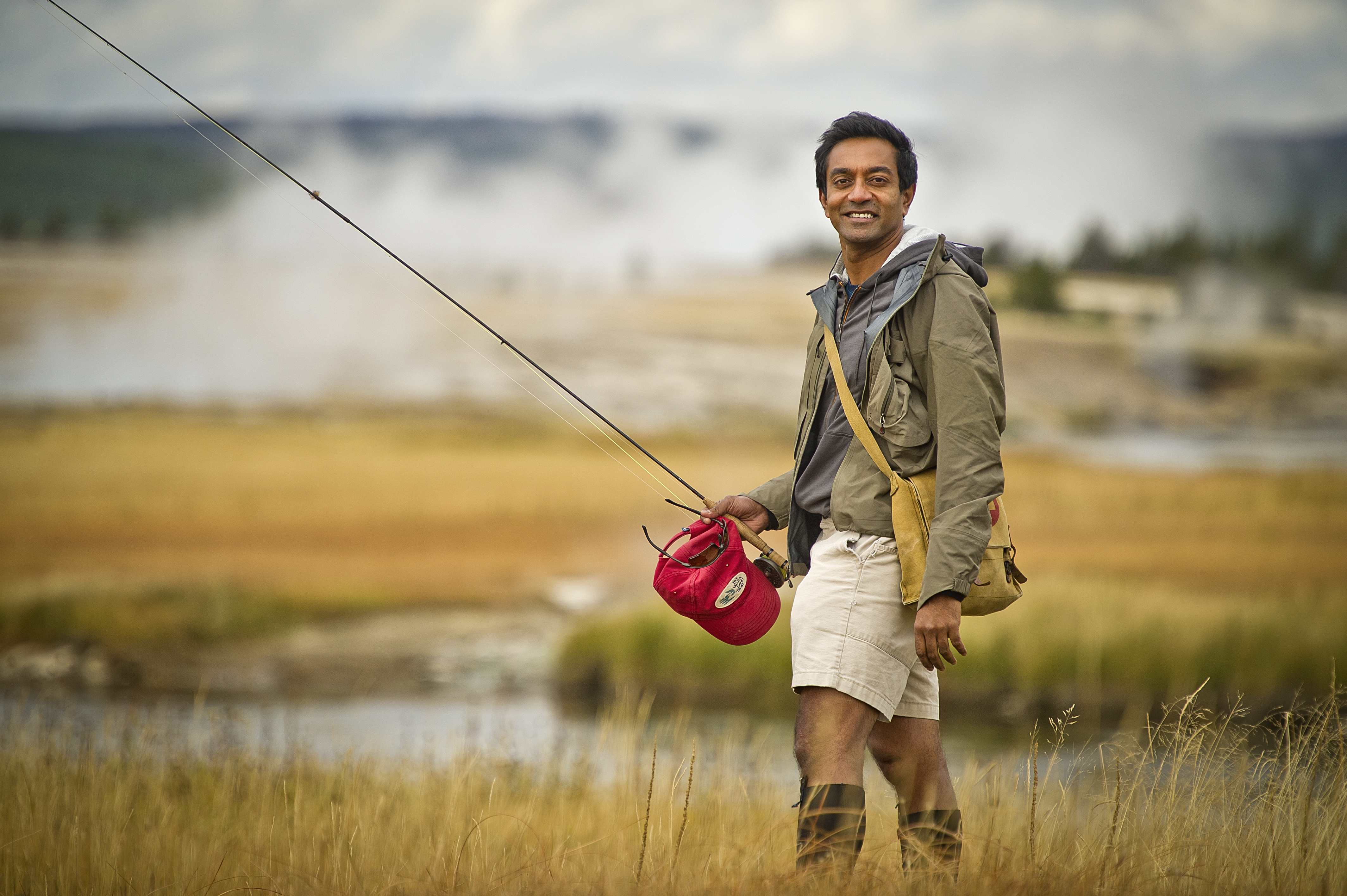


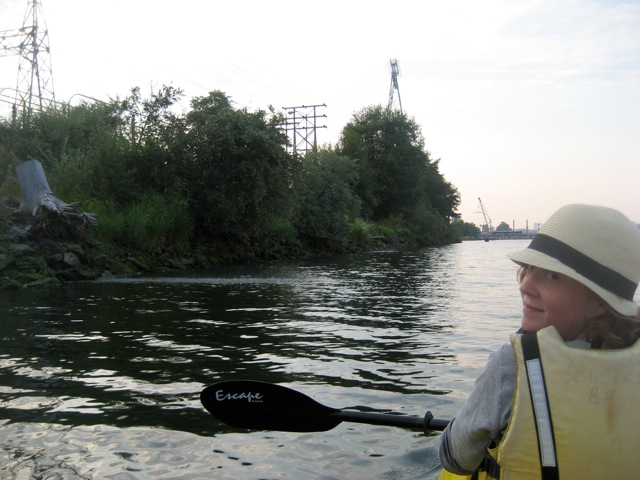
 Nature means something different to everyone. It’s a towering old-growth redwood forest to some. Deep silent canyons to others. And urban community gardens to others. Defining what is “pristine nature” is even more dicey. Just ask conservation biologists trying to figure out the best ways to preserve ecosystems and their flora and fauna.
Nature means something different to everyone. It’s a towering old-growth redwood forest to some. Deep silent canyons to others. And urban community gardens to others. Defining what is “pristine nature” is even more dicey. Just ask conservation biologists trying to figure out the best ways to preserve ecosystems and their flora and fauna. Tom McKinnon interviews Jeff Bisberg of
Tom McKinnon interviews Jeff Bisberg of 
![hs-2011-23-d-web_print Pluto and its moons [click to enlarge] (credit: NASA, ESA, M. Showalter, Z. Levay)](http://howonearthradio.org/wp-content/uploads/2011/08/hs-2011-23-d-web_print-255x255.jpg)
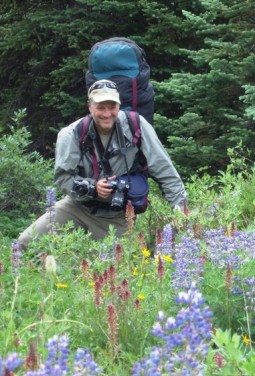

 Welcome to a special edition of How on Earth, done in conjunction with the
Welcome to a special edition of How on Earth, done in conjunction with the